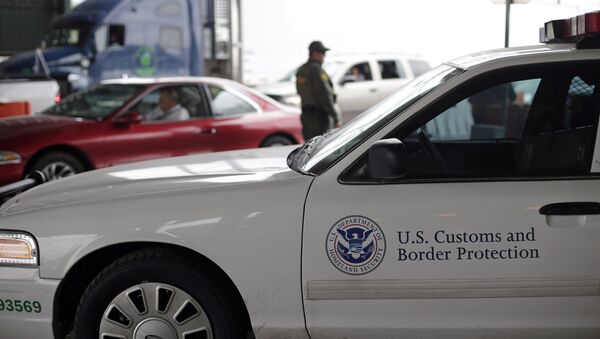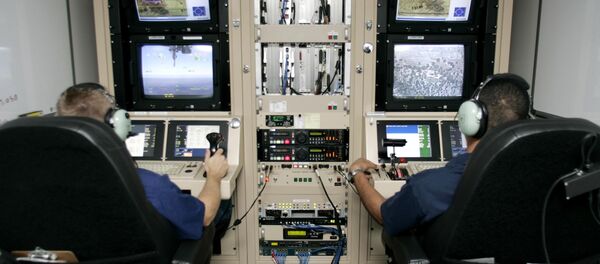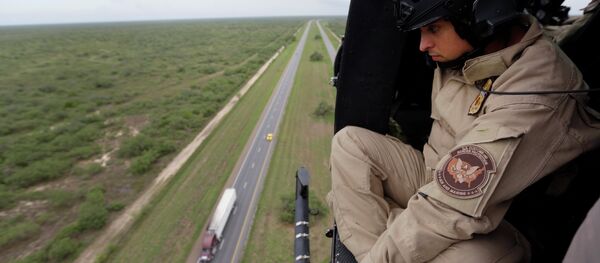The plaintiffs in the case are Ray Askins and Christian Ramirez.
The decision to let the case go ahead noted that Askins took three or four pictures of a vehicle inspection area before CBP agents placed him in handcuffs and deleted all but one photo from his camera. Ramirez took about 10 pictures of male CBP guards searching female travelers before they took his camera and deleted his photos.
The cameras were returned, but the images on them don't seem recoverable. The 9th Circuit court in Pasadena, California, argued that the facts needed to be ascertained before the lower court judge could decide what restrictions CBP and DHS could place on such First Amendment activity in public.
"The initial detentions of Ray Askins and Christian Ramirez at the US-Mexico border seem to be flagrant violations of Constitutional protections and yet another incident in a series of attacks on Constitutional rights by CBP and [DHS]," privacy advocate, technologist and web developer Chris Garaffa told Sputnik News.
"Earlier this year, we saw a widely publicized incident of CBP agents boarding a Greyhound bus in Florida and checking identification of all passengers in violation of their Fourth Amendment rights," he added.
The suit challenges the government's rule that one must obtain advanced permission to take photographs or videos at ports of entry along the US-Mexico border.
"The actions of DHS and CBP are a combination of the further militarization of the border, particularly the Mexican border, and an increase in surveillance of both American citizens and those residing or coming into the country," Garaffa said. "Customs and Border Patrol already asserts that all areas within 100 miles of a land or water border — an area that covers about two-thirds of the US population — it can operate additional rights-violating checkpoints."
The 9th Circuit court ruled 3-0 that the judge of a lower court who dismissed the case of Askins and Ramirez hadn't properly weighed the case and had acted in a "conclusory fashion" in concluding that the government's "extremely compelling interest" in border security and US territorial sovereignty outweighed Askin and Ramirez's First Amendment claims, according to Reuters.
"The decision by the 9th US Circuit Court of Appeals and the statements by Circuit Judge Jay Bybee allowing the case to go forward are certainly welcome developments, especially the concern expressed about national security regularly being used as a blanket excuse for restriction of First Amendment rights," Garaffa told Sputnik News.
"It is the government's burden to prove that these specific restrictions are the least restrictive means available to further its compelling interest," Bybee wrote. "They cannot do so through general assertions of national security, particularly where plaintiffs have alleged that CBP is restricting First Amendment activities in traditional public fora such as streets and sidewalks."
According to the ACLU, which is representing the activists, the case can now proceed to discovery — the legal process through which evidence is obtained from the opposing party in the case.
"As it goes forward, I expect this lawsuit will shed light on a number of worrisome privacy issues pertaining to policies and procedures at border crossings," Garaffa said.




